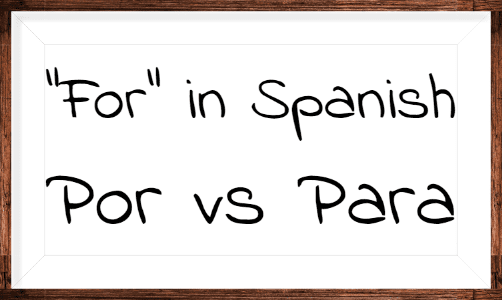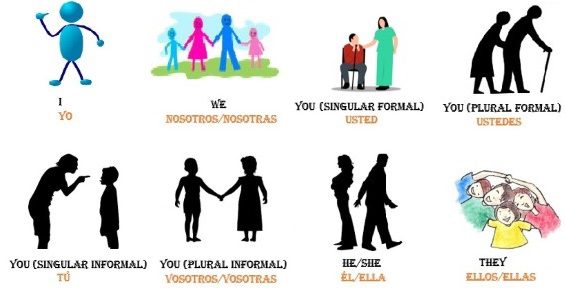How to say “For” in Spanish: “Por” vs “Para”
In this article, we look into how to say “for” in Spanish. In general, both “por” and “para” can mean “for,” although in some other contexts, they can also mean “by,” “per,” “in order to,” “because of,” and some other meanings. The difference between “por” and “para” is often a challenge to many Spanish students. There … Read more










